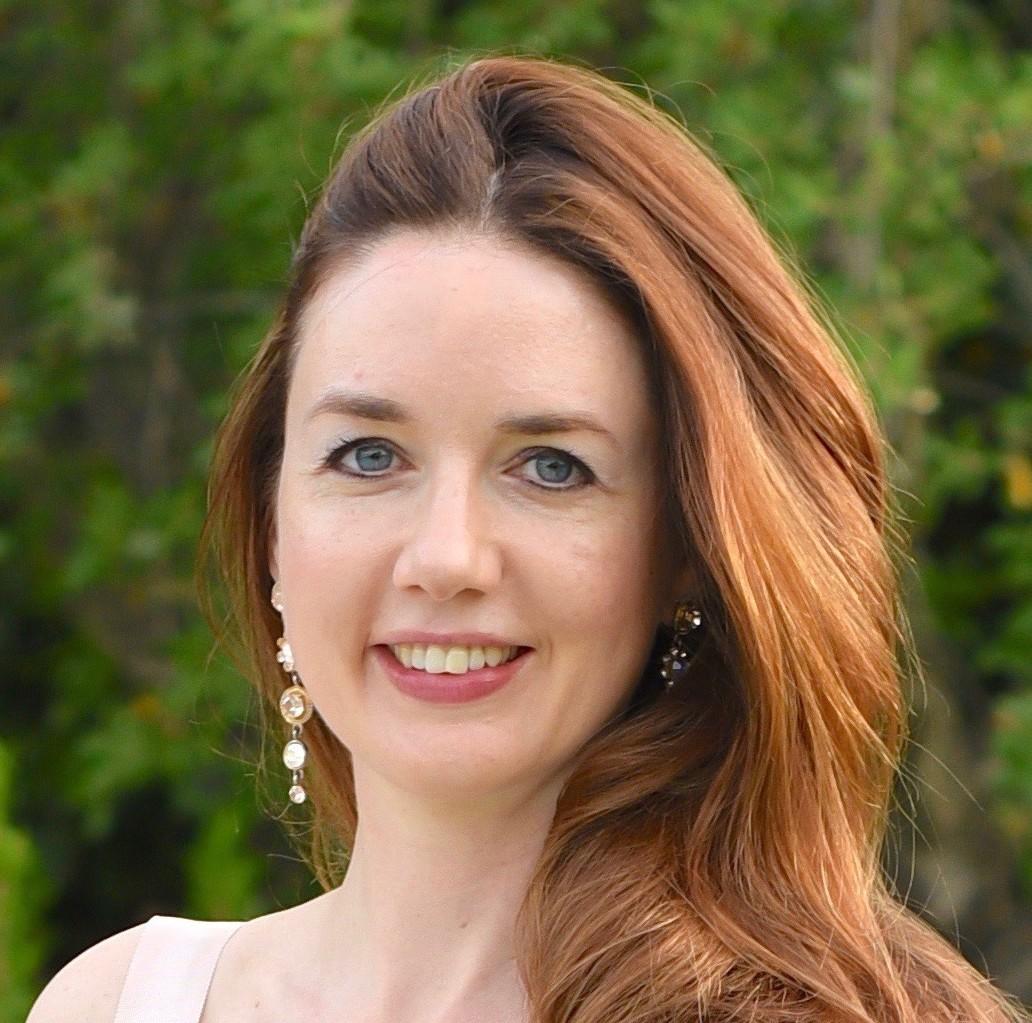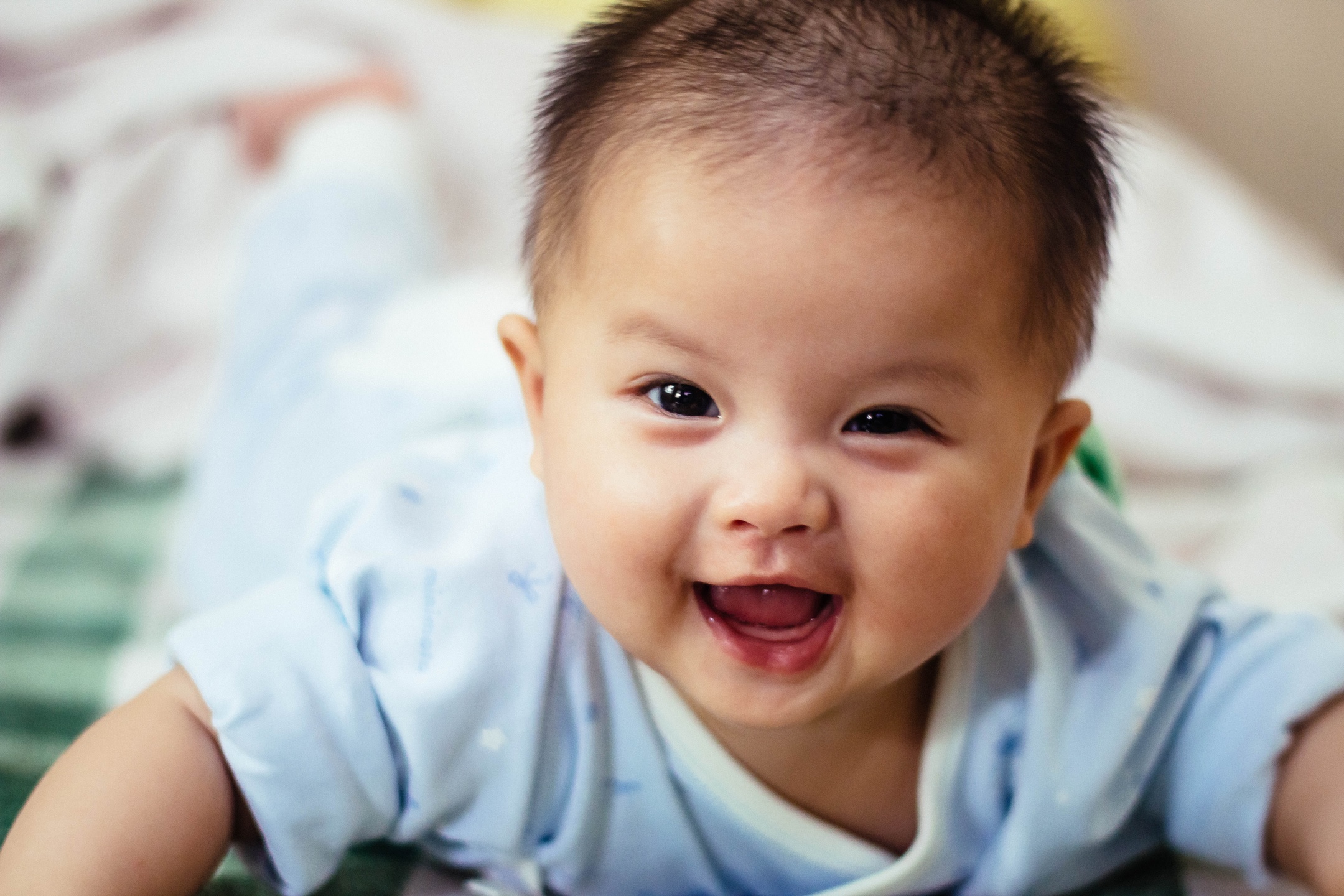Baby sleep regressions

By Angela Wilson
Certified child sleep consultant, MA Natural Sciences Cambridge University and co-founder of Baby Smiles Club
So it gets to 4 months and you’ve been telling everyone what a great little sleeper your baby is. You’re down to one night feed and you finally feel that things are falling into place – no more sleepless nights! And then, from nowhere, your baby suddenly starts waking every hour or so. What’s going on? It could be a few things, but one cause is a sleep regression.
What’s a sleep regression?
A sleep regression is a period (usually around 3–6 weeks) where a baby who has been sleeping well suddenly starts to sleep more poorly. They might wake more at night, take shorter naps, fight sleep or become fussier at sleeping time.
Once you’ve eliminated any other potential cause for the change in sleep (like being unwell, starting solids, or a change in sleeping environment which has impacted your baby’s sleep) then you’re left with the reason probably being a sleep regression. Just when you thought things were falling into place!
Sleep regressions are caused by two things: a developmental leap or a change in sleep needs or patterns. It's important to realise that although they’re called regressions, they are actually leaps forward (though it may not seem like this at the time!).
In some babies, you might not even notice any changes. Other babies, however, will experience a big disruption to their sleep.
When are the sleep regressions and what causes them?
Babies usually have three sleep regressions in their first year: at around 4, 8 and 12 months. Of course all babies are different, and so the timings can vary. And as we’ve explained, some babies might sail through them without you noticing, whilst for others, they will cause a real disturbance to their sleep.
The 4 month sleep regression
Occurring typically sometime between 3–5 months old, this is probably the most well-known sleep regression. And it can be the hardest to get through. So once it’s over, there is light at the end of the tunnel!
What’s the cause? It’s all to do with sleep cycles. When a baby is first born, they have a 2-stage sleep cycle, consisting of Active and Quiet Sleep. Typically sometime from 3–5 months old, they change to having a 5-stage sleep cycle (like ours), which they will continue to have for the rest of their lives.
Before the change, a baby may have been able to roll through their 2-stage sleep cycles without waking. The shift to a 5-stage sleep cycle can cause a disruption: it means that every 1–2 hours when a sleep cycle ends, a baby will wake up or come close to doing so. It can lead to frequent wakes and a struggle to get back to sleep.

The 8 month sleep regression
The 8 month sleep regression can happen anytime between 8–10 months, and it's largely because a baby is going through major physical and mental developmental milestones. Your baby’s world has become so exciting and there’s so much to do!
Crawling, cruising, scooting, pulling themselves up and even beginning to walk – that’s a lot of physical development. Your baby’s language skills are also rapidly developing, and their hand-eye coordination is improving – so there's a lot going on mentally too.
All these changes could have an impact on your baby’s sleep simply because your baby is excited about what’s going on!
Separation anxiety can also play a part, as can a change in a baby’s sleep needs.
The 12 month sleep regression
The 12 month sleep regression is caused by a baby undergoing a big developmental leap, and it can happen anytime around their first birthday. Your baby is becoming a toddler and there are so many more interesting things to do than sleep!
Your baby is much more aware of themselves and the world, and their motor and physical skills are developing fast. They are keen to learn and to explore. All this means that they may begin to fight bedtime and naps.
Babies' sleep needs are also changing at this time. They don’t need to sleep quite as much as before, and can stay awake for longer stretches.
What can I do to help my baby?
Knowing about sleep regressions and how to best help your baby through them is key for good baby sleep. Our Baby Sleep Program explains what the regressions are and crucially, how to gently help your baby get through them.
Our Baby Sleep Program is a modern, gentle and caring approach to baby sleep. It’s based on the most up-to-date science about how babies sleep, and created with kindness and empathy. Our approach is to help a baby get the best sleep that they can, whilst strengthening the parent-baby bond.

